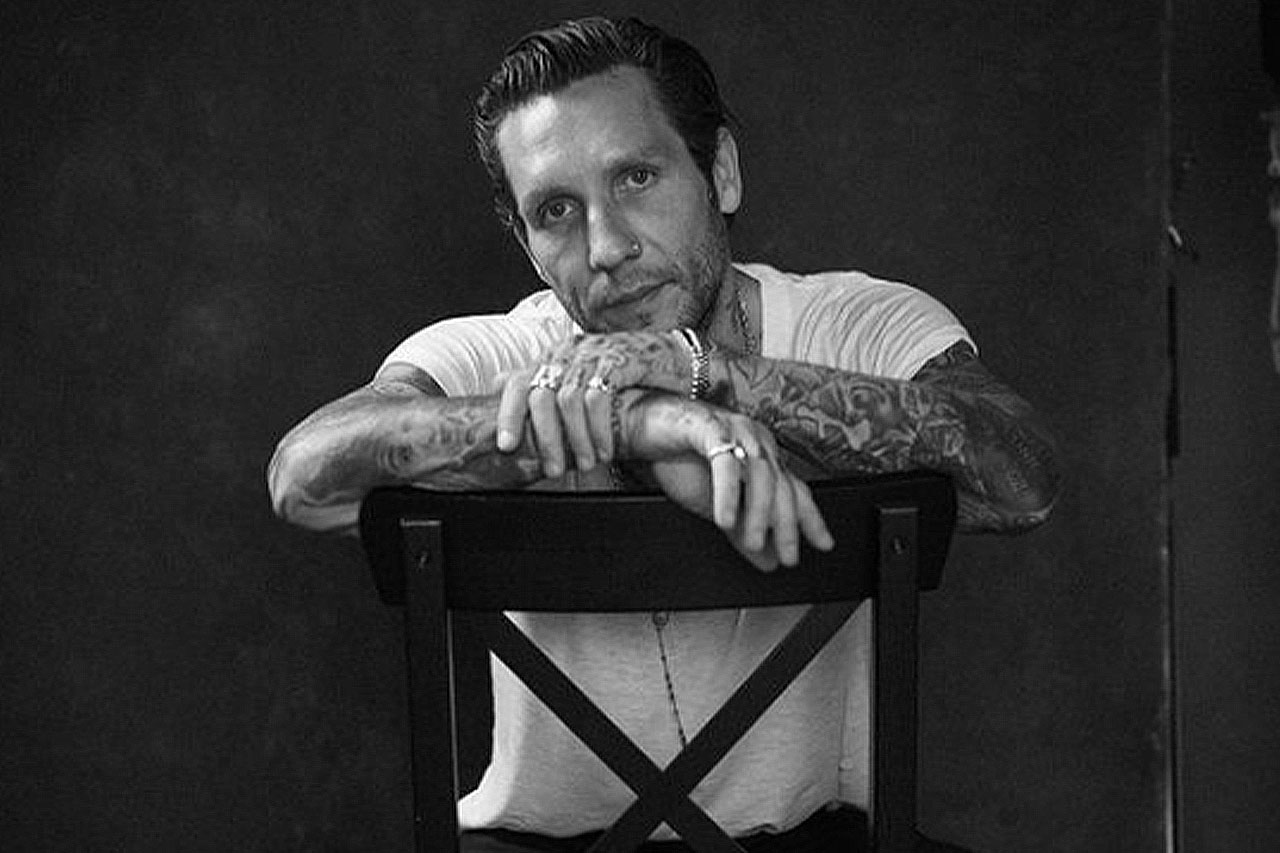
What Is Addiction Recovery?
People who have successfully overcome a drug or alcohol use disorder usually refer to themselves as being in “addiction recovery.” But what is addiction recovery, exactly? While abstaining from drugs and alcohol is key to this process, there’s so much more that goes into staying sober. As a recovery advocate himself, Brandon Novak can attest to this fact. So let’s look into what it means to be in addiction recovery.
What Does It Mean to Be in Recovery From Addiction?
The definition of recovery from addiction is complex, but basically, it refers to the period in which a person with a substance use disorder abstains from drugs or alcohol. The Substance Abuse and Mental Health Services Commission (SAMHSA) and other organizations in the behavioral healthcare community have also partnered to come up with this definition: “a process of change through which people improve their health and wellness, live self-directed lives, and strive to reach their full potential.”1
SAMHSA also defined some other major points in defining addiction recovery, including:
- Health: Recovery includes overcoming or managing one’s disease(s) or symptoms and making informed, healthy choices that support their physical and emotional well-being
- Home: Having a stable and safe environment to live that supports the person’s recovery
- Purpose: Engaging in meaningful activities and having the independence, income, and resources to be an active member of society and their community
- Community: Building and sustaining relationships and social networks that provide support, friendship, love, and hope
Addiction recovery isn’t just about deciding to quit drugs and alcohol, but it also requires the person’s relationships, home environment, and even employment to change so they may support these changes. This is why many people seek aftercare services or attend 12 step meetings to help them stay on track after rehab.
12 Guiding Principles of Recovery
Along with a working definition of addiction recovery, the National Association for Alcoholism and Drug Abuse Counselors (NAADAC) also defines 12 guiding principles of recovery:
- There are many pathways to recovery
- Recovery is self-managed and empowering
- Recovery involves a personal acknowledgment of the need for change and transformation
- Recovery is all-inclusive
- Recovery has cultural elements
- Recovery exists on a scale of improved health and wellness
- Recovery emerges from hope and gratitude
- Recovery involves a process of healing and self-evaluation
- Recovery involves addressing discrimination and exceeding shame and stigma
- Recovery is supported by peers and allies
- Recovery involves (re)joining and (re)building a life in community and society
- Recovery is a reality
These are similar to the SAMHSA guiding principles of recovery.
The Stages of Drug Addiction Recovery
When answering “what is addiction recovery?” you also have to take the definition of sobriety into account. Sobriety refers to the complete abstinence from alcohol and non-prescribed drugs. Sobriety is usually the first step of recovery, but not the only one.
There is no clear answer to what the stages of addiction recovery are, but they do include:
- Precontemplation: Denial about the problem.
- Contemplation: Recognition of the problem.
- Preparation: Commitment to take action.
- Action: Making a real change, which may involve completing medically monitored detox and drug treatment.
- Maintenance and relapse: Maintenance in recovery refers to sustaining abstinence by applying sober principles, such as the 12 we mentioned before. Relapse may also occur for some people in recovery, but not for everyone.
- Termination: No longer feeling threatened by the substance of choice.
Drug Addiction Recovery Tips
Addiction recovery is not just about quitting drugs or alcohol. It also includes building a life that supports your sobriety. In recovery, you’re meant to take all of the tools and skills you learned during addiction treatment to become healthier, improve your relationships, and become a productive member of society.
If you’re in recovery, here are some addiction recovery tips to keep in mind:
- Be completely honest about how you feel, including your achievements and struggles.
- Have a sponsor you can talk to during tough moments.
- Ask for help.
- Practice self-care. This can include exercising, eating a healthy diet, yoga, and doing anything else you enjoy.
- Have an accountability partner or one person you can be completely honest
- Slowly work on rebuilding your relationships with loved ones.
- Disconnect from people who supported or engaged in substance abuse with you in the past.
Finding Recovery Resources That Can Help
Brandon Novak is a recovery advocate that struggled with a heroin addiction himself. After years of trying to commit to sobriety, he finally succeeded. While it took him a while, today, as a certified intervention specialist, he dedicates his time to helping families find their loved one's addiction treatment.
If you’re searching for drug treatment or want to look into a sober living facility to help you transition to a sober lifestyle after rehab, Brandon can help. Call him today at (610) 314-6747 to learn more about his sober living facility, Novak’s House.
Related Reading: Reasons to Hire an Intervention Specialist Celebrities in Recovery
Sources:
- SAMHSA - SAMHSA’s Working Definition of Recovery





